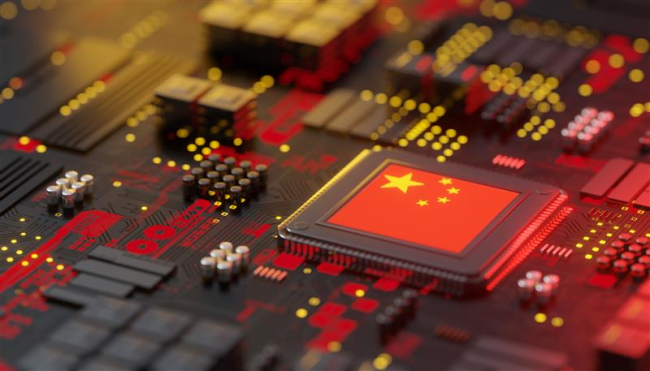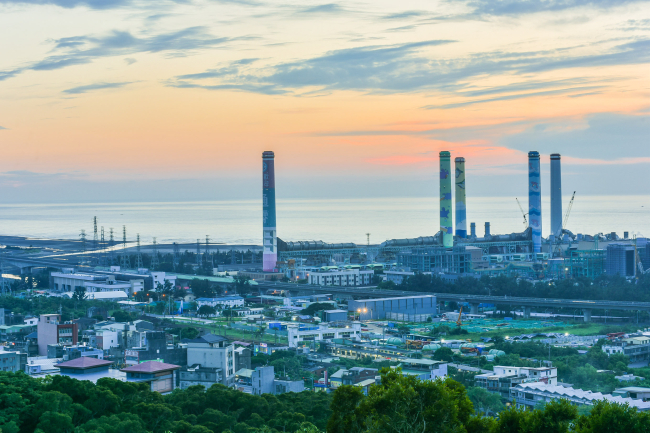Post-War Sri Lanka: Roads to Reconciliation

The Center for Asian Studies of the French Institute of International Relations (Ifri) organized on 9 December 2011 a round table discussion regarding the future of the ongoing reconciliation process in Sri Lanka, entitled ‘Post-War Sri Lanka: Roads to Reconciliation'.
The meeting aimed to provide a space to openly discuss the problems and prospects of reconciliation in the island nation by gathering a panel of practitioners and experts on Sri Lanka as well as non-regional specialists with expert knowledge of other post-conflict situations. The objective was to bring about a constructive debate and generate ideas on what forms of reconciliation can be sought in Sri Lanka, as well as on the challenges and favorable elements of a future reconciliation process. The discussion began with presentations by a panel of experts from various fields who presented on different aspects of the current post-war situation in the country, followed by an open debate with a broader range of participants. The morning's discussions were placed under the Chatham House Rule to facilitate a free exchange of ideas.

Available in:
Regions and themes
ISBN / ISSN
Share
Download the full analysis
This page contains only a summary of our work. If you would like to have access to all the information from our research on the subject, you can download the full version in PDF format.
Post-War Sri Lanka: Roads to Reconciliation
Related centers and programs
Discover our other research centers and programsFind out more
Discover all our analysesTaiwan’s Rising Space Program: Building Up Industry, Supporting National Security
Taiwan, known for its leadership in semiconductors and information and communications technology (ICT), is now making significant strides in the space industry. While historically modest, Taiwan’s space program has seen a transformation since 2020, driven by President Tsai Ing-wen’s commitment to expanding the country’s space capabilities. Key milestones include the passage of the Space Development Act and the creation of the Taiwan Space Agency (TASA), which has bolstered the resources and visibility of Taiwan’s space ambitions.
AI and Technical Standardization in China and the EU: Diverging priorities and the need for common ground
Given the highly disruptive potential of AI, global cooperation on AI safety and governance is imperative, and yet the deeply transformational potential of AI also ensures that a high level of competition and systemic rivalry is likely unavoidable. How can the EU best manage its complex relationship with China in the field of AI so as to ensure a necessary level of cooperation in spite of competition and rivalry?
China’s Quest for a Quantum Leap
The global race to harness quantum science is intensifying. Recognizing the strategic potential of quantum technology for economic, military, and scientific advancement, China is focusing on quantum breakthroughs as a way to shift the balance of power, especially in its competition with the United States. President Xi Jinping has emphasized the importance of scientific innovation, particularly in quantum fields, to fuel national development and ensure security.
Taiwan's Energy Supply: The Achilles Heel of National Security
Making Taiwan a “dead island” through “a blockade” and “disruption of energy supplies” leading to an “economic collapse.” This is how Colonel Zhang Chi of the People’s Liberation Army and professor at the National Defense University in Beijing described the objective of the Chinese military exercises in May 2024, following the inauguration of Taiwan’s new president, Lai Ching-te. Similar to the exercises that took place after Nancy Pelosi’s visit to Taipei in August 2022, China designated exercise zones facing Taiwan’s main ports, effectively simulating a military embargo on Taiwan. These maneuvers illustrate Beijing’s growing pressure on the island, which it aims to conquer, and push Taiwan to question its resilience capacity.














